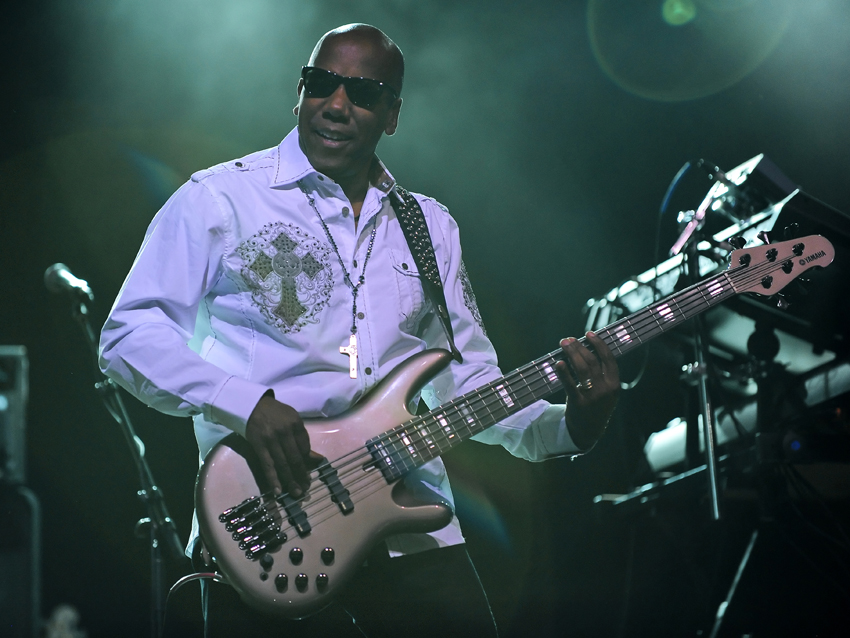
Nathan East picks 10 essential bass albums
Over the course of his 35-year career, Nathan East has worked with the crème de la crème of the music world: Stevie Wonder, Elton John, Phil Collins, Whitney Houston, Randy Newman, Michael Jackson, Barbra Streisand, Quincy Jones – and, of course, Eric Clapton, with whom he's recorded and toured with since 1985.
Which more or less explains why it's taken the bass legend so long to finally record his very own solo album. "It's a good excuse – I’ve been busy!" East says with a laugh. "Between the bands I’ve been in, the tours I’ve been on and the records I’ve cut, it’s been difficult to sneak my own thing in there. But once I found a block of time last year, I booked Ocean Way Studios in LA, got the band in and recorded as many tracks as we could."
East's core studio band consisted of guitarist Michael Thompson, keyboardists Jeff Babco and Tim Carmen, percussionist Rafael Padilla, and in one of his final recordings, Ricky Lawson on drums. "We lost Ricky last December," Nathan says. "He was a great man and a fabulous musician." As for the lineup of guest artists, the mind boggles: Sara Bareilles, Michael McDonald, Bob James, David Paich, Pat Metheny and Bob James, just to name a few.
The question of "Where's Eric?" is answered with Slowhand's appearance on East's stately cover of Blind Faith's Can't Find My Way Back Home. “That’s a song I used to sing with Eric in the show," East explains. "Many people over the years asked me if there was a recording of it, and I always wanted to tell them yes. So when it came time to do this album, that song was a no-brainer."
A pair of Stevie Wonder gems, Sir Duke and Overjoyed, get the instrumental treatment, the latter of which feature Wonder himself outdoing even himself on an extended harmonica run. “There’s nobody who can play harmonica like Stevie Wonder," East enthuses. "I’m the luckiest guy in the world to have him on the record. When we were fooling around with that song at soundcheck, he said, ‘If you ever record it, call me.’ I sure didn’t have to be told that twice.”
Last year, millions of music fans across the globe grooved in nightclubs, living rooms, bathrooms and just about everywhere else to East's energetic basslines on Daft Punk's irresistible hit Get Lucky, and on his eponymously titled solo disc East tips his hat to the French electronic duo on the cheekily titled original Daft Funk. "I had to call it that, right?" East says, chuckling. "Before my album came out, I gave the Daft Punk guys a promo CD, right after the Grammys. They got a kick out of it."
Despite his stature as one of the world's foremost bassists, East stresses that chops weren't the order of the day when cutting the album. "It's really a celebration of music with some of my friends who also happen to be amazing artists," he says. "I didn't want to do, you know, a bass clinic. This is a record for everybody."
On the following pages, however, East runs down 10 of the discs that did teach him a thing or two, including one of his own studio triumphs. You can order the album Nathan East at Yamaha, Amazon and iTunes.

Jaco Pastorius - Jaco Pastorius (1976)
“You’ve gotta give credit where credit’s due. Jaco revolutionized the electric bass and really turned everybody’s head around. I can’t imagine that anybody’s done more for the bass than what he did on this first record.
“Portrait Of Tracy, Donna Lee and Come On, Come Over – it’s a big toss-up as to which is the best song of those three, so I’ll just say they’re all great. If you want to hear some beautiful music, you can’t go wrong with any of them.
“I met Jaco in the studio a couple of times – very cool guy. Man, I wish we could’ve held on to him. Truly a special guy and an enormous talent.”
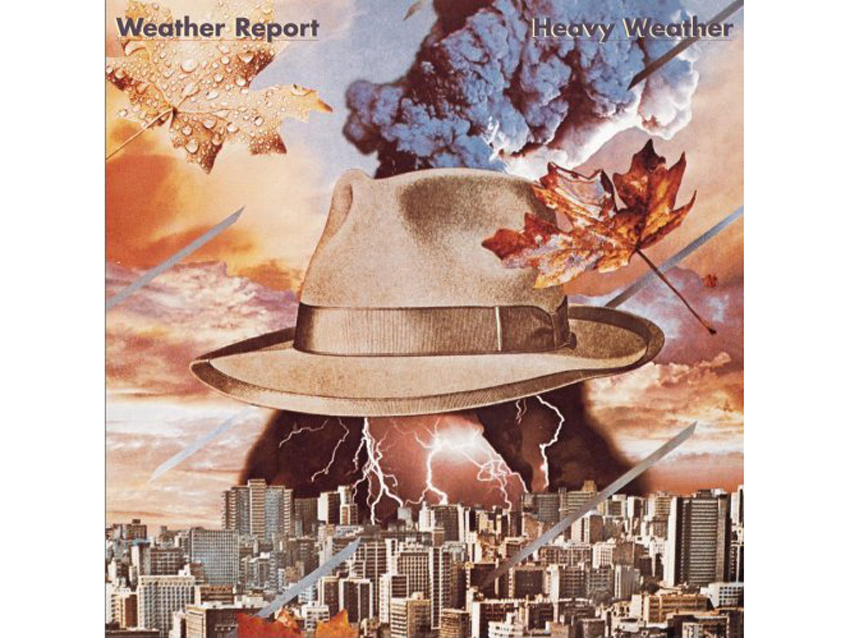
Weather Report - Heavy Weather (1977)
“Let’s stay in the Jaco world for one more record. This was back in the '70s when Stanley Clarke and Chick Corea and George Duke were putting out incredible albums that blew everybody away. Heavy Weather is right up there.
“Jaco looms large in my world. He’s a big part of my psyche. Sometimes when I’m playing, I'll think to myself, ‘What would Jaco do here?’ and that just takes my game right up. He put so much creativity and heart into his playing. He’s just a genius.
“Teen Town, Birdland, A Remark You Made – I’d be hard pressed to say which one is the best. Incredible playing and brilliant compositions.”
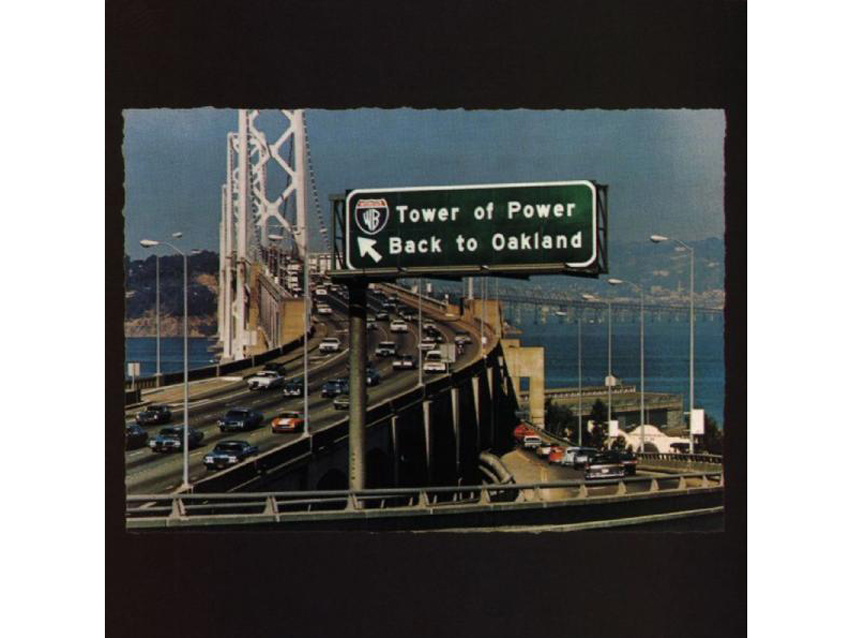
Tower Of Power - Back To Oakland (1974)
“Francis Rocco Prestia is the bass player, and he’s phenomenal. The whole album is like one big bass lesson, but it’s not about chops; rather, it’s a lesson about playing in a band and coming up with really solid bass parts. There's a lot of great pockets here.
“The song Squib Cakes features a David Garibaldi drum intro that every drummer just had to learn, and that goes right into one of the funkiest bass lines I’ve ever heard. You’re in for a treat when you hear this thing.”
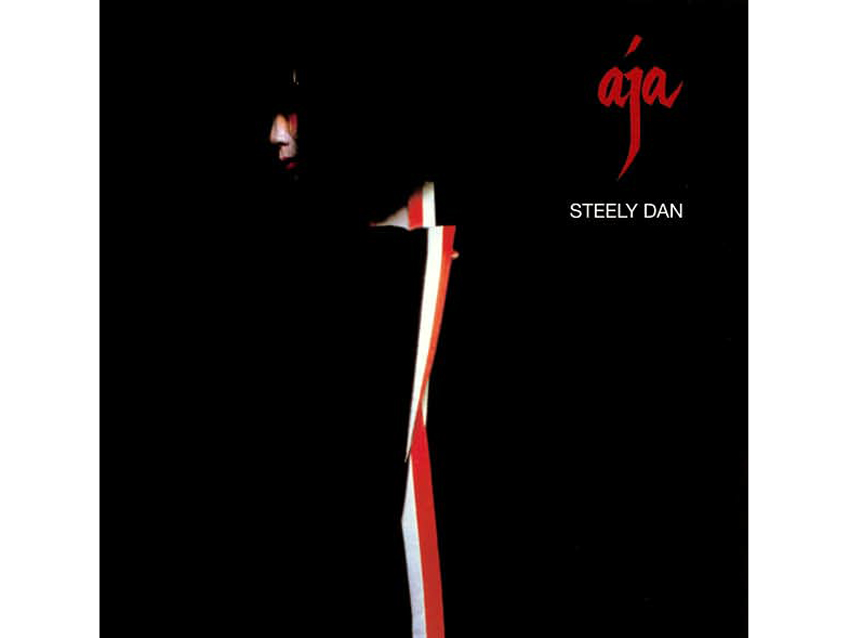
Steely Dan - Aja (1977)
“What a fine, fine album. Chuck Rainey is showing everybody how it’s done. Everything he does is a shining example of how to play with a band on a pop record. Just listen to his playing on the song Peg – bass mastery.
“Chuck’s touch, tone and his choice of notes are phenomenal. He’s a one-man encyclopedia of ‘Here’s what you do.’ I use all those licks to this day. He’s amazing. The way he works with space is important. A lot of players practicing in their bedrooms are too eager to show everything they can do. It's like, 'Hold back, hear the song and let it breathe.' That’s a hard concept to get your head around, but once you do you’ll be a better player in a band.”
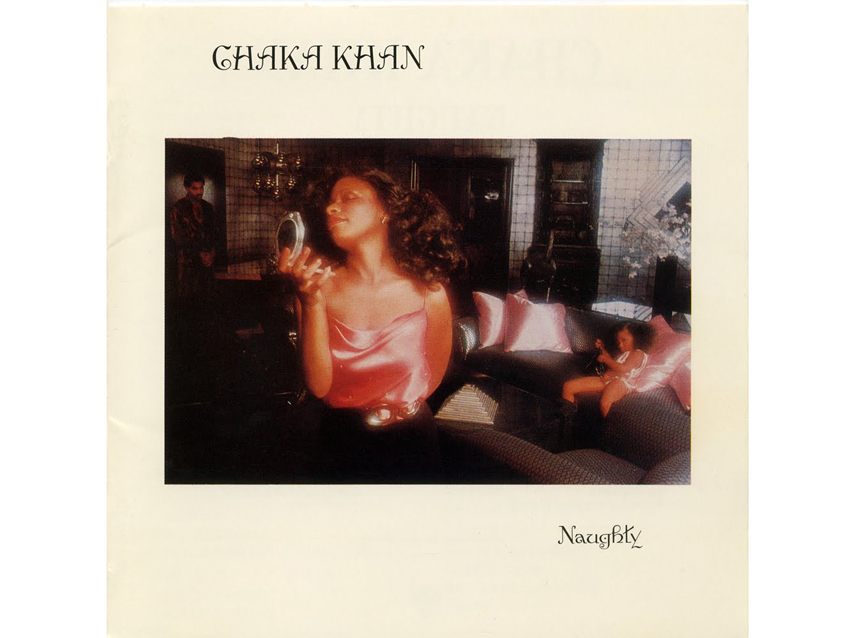
Chaka Kahn - Naughty (1980)
“The bass player of choice here is Mr. Anthony Jackson, and he's a monster. This record is another deep book that covers all you need to know. The songs Clouds and Move Me No Mountain just blow me away.
“There’s other bass greats on this record – Willie Weeks, Marcus Miller are both incredible, too. Oh, and check out the song Papillion – Anthony Jackson is just killin’ it! [Laughs] I can’t get enough of his touch.”
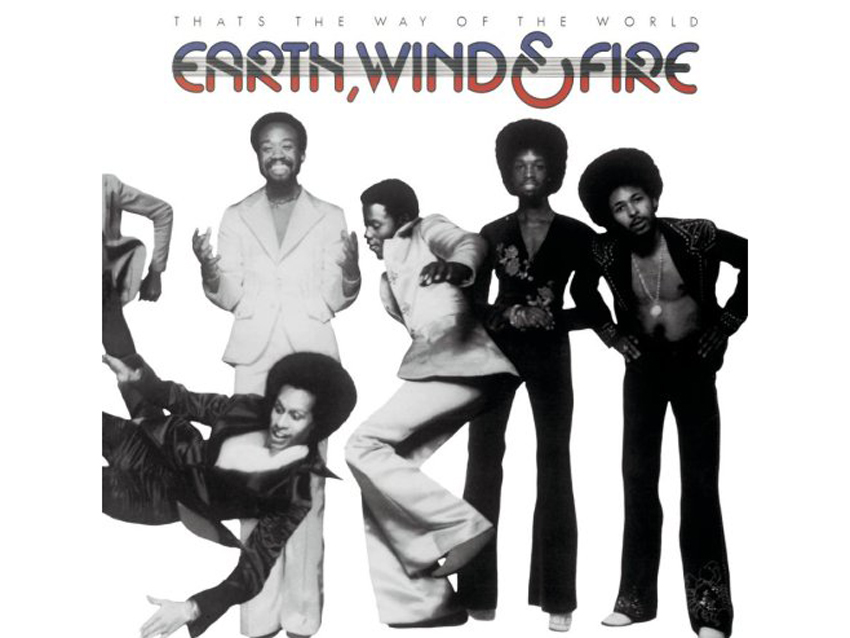
Earth, Wind & Fire - That's The Way Of The World (1975)
“What can we say about Verdine White? It’s like, ‘What can’t we cay about him?’ [Laughs] Oh, man, I love him so much. His bass playing is kind of tribal. He doesn’t care if you’re putting a major note over a minor chord or a minor note over a major chord. His playing is pure feel.
“Verdine’s a guy I’ve studied and a lot and have taken so much from. He knows space, but he fits in his chops when the time is right. I’ve always been impressed with his playing, but I particularly like what he's doing on this album. And it's just a great record overall, one of the all-time best."
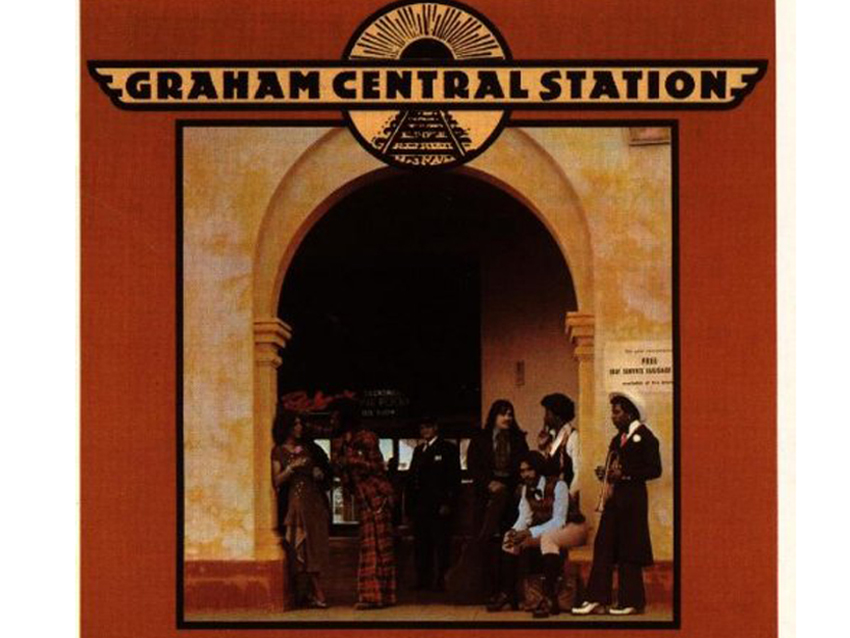
Graham Central Station - Graham Central Station (1974)
“The first Graham Central Station album is so amazing. Like Jaco did, Larry Graham revolutionized bass playing. Life will never be the same because of him. He takes you to another place and makes you realize the endless possibilities of the bass as an instrument.
“Everything he did with Sly Stone was incredible, but here he’s stepping out a little bit more. He’s a true master. I love the whole record, but Hair is my favorite track. Can’t get enough of it.”
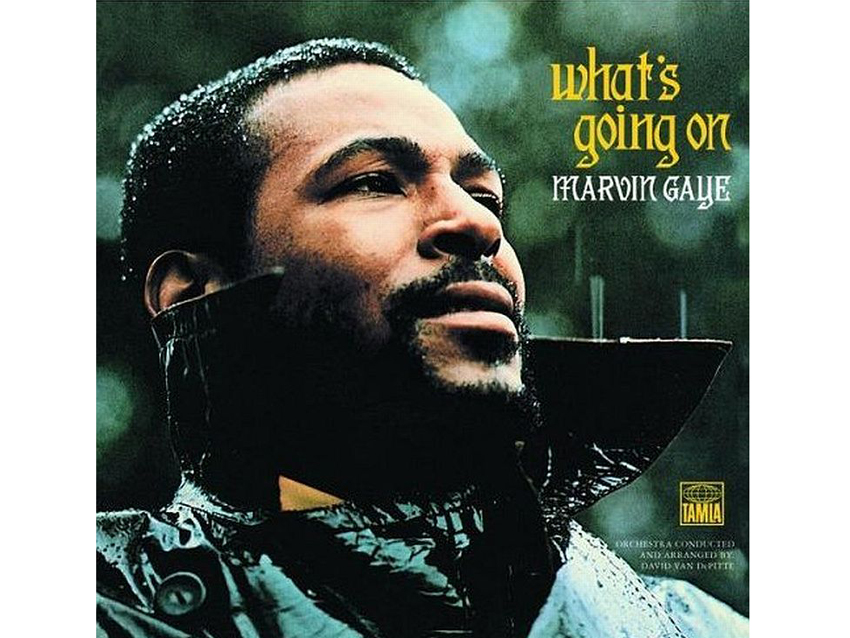
Marvin Gaye - What's Going On (1971) Also: Marvin Gaye - I Want You (1976)
“Here’s a double shot of Marvin Gaye and classic James Jamerson. The genius of Jamerson is how he did things that nobody else could do. He played notes that didn’t seem like they were even on the bass – he just seemed to pull things out of the air.
“The man made everything count. He didn’t play notes; he played music. His parts were beautifully composed, and they just danced under, over and along with the melody. His was a standard by which we can all be judged.
“The song What’s Going On is one of his greatest achievements. It’s like he wrote a song within a song. You could isolate the bass part and you’d know what the song is. That’s a pretty big testament to the scope of the man’s artistry.”
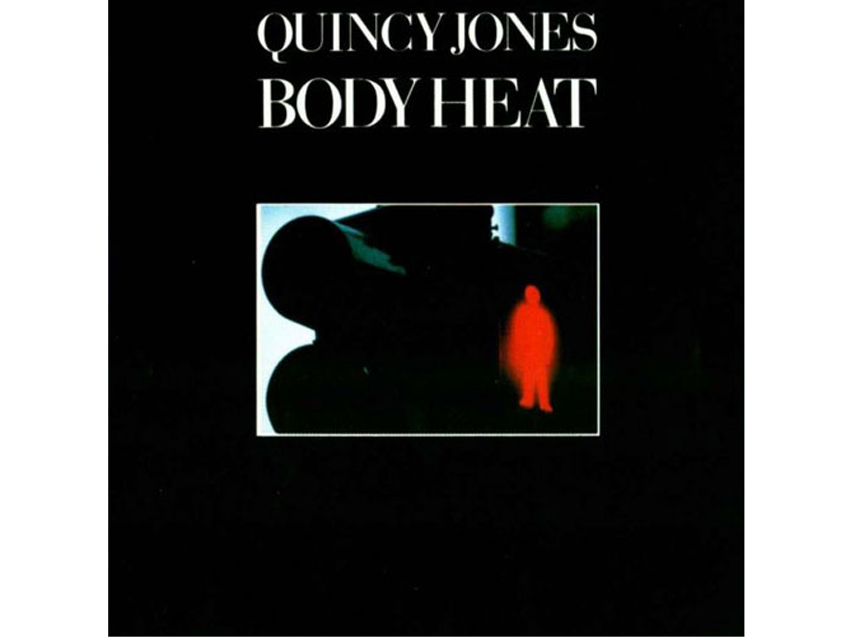
Quincy Jones - Body Heat (1974)
“This is Chuck Rainey on bass, and again it’s another bass lesson. There are two songs that I want to mention: Along Came Betty and If I Ever Lose This Heaven. Buy the record, listen to those songs and enjoy. If you don’t like what you hear, you can send me the bill. [Laughs]
“Chuck blows my mind. He makes me want to be a better player. When you think about what your choices could be and you hear what he did, the places he went, it makes you go, ‘Huh. I wish I would have thought of that.’ He’s an original.”
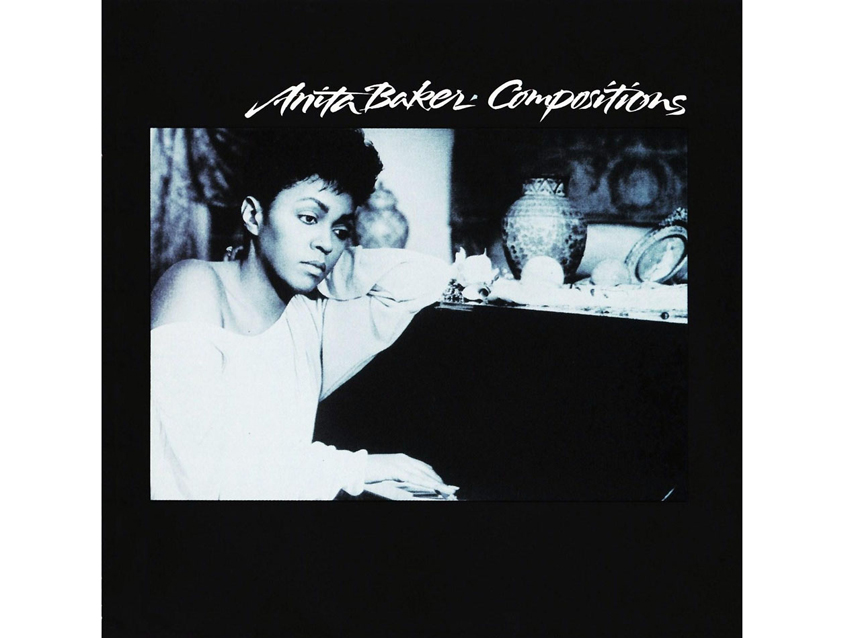
Anita Baker - Compositions (1990)
“This is actually an album that I played on. The only reason why I include it is because it seems to come up a lot. People say to me, ‘Man, I love what you did on Compositions.’ I never really thought that what I did was so incredible, but after a while I began to notice how many people kept mentioning it.
“On this record, it’s as though I took everything that I ever learned from all the greats and put it into Anita’s music. It’s a feel-good record; it was all done live in the studio, and it’s got a really great natural feeling to it. Anita’s music is pure, song-based R&B. You’ve got the acoustic piano, the bass and drums and a little bit of the guitar. That’s it. It's beautifully recorded – you feel like you’re right in the room with us.
“The song Fairy Tails goes on for almost eight minutes, and it’s just us playing. We were really proud of how that one came out. It’s a lot of music.”

Joe is a freelance journalist who has, over the past few decades, interviewed hundreds of guitarists for Guitar World, Guitar Player, MusicRadar and Classic Rock. He is also a former editor of Guitar World, contributing writer for Guitar Aficionado and VP of A&R for Island Records. He’s an enthusiastic guitarist, but he’s nowhere near the likes of the people he interviews. Surprisingly, his skills are more suited to the drums. If you need a drummer for your Beatles tribute band, look him up.
"Reggae is more freeform than the blues. But more important, reggae is for everyone": Bob Marley and the Wailers' Catch a Fire, track-by-track
“Part of a beautiful American tradition”: A music theory expert explains the country roots of Beyoncé’s Texas Hold ‘Em, and why it also owes a debt to the blues
"Reggae is more freeform than the blues. But more important, reggae is for everyone": Bob Marley and the Wailers' Catch a Fire, track-by-track
“Part of a beautiful American tradition”: A music theory expert explains the country roots of Beyoncé’s Texas Hold ‘Em, and why it also owes a debt to the blues









